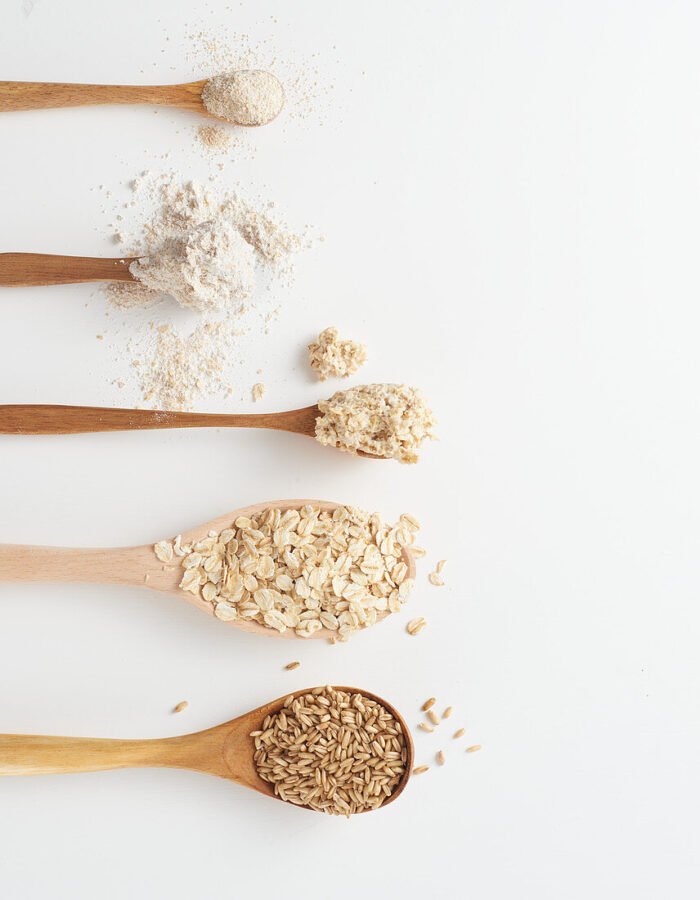Gluten is a protein found in wheat, barley, and rye, which provides elasticity and chewiness to baked goods. It is a key component in many foods, but can be problematic for certain individuals.
For those with celiac disease, a serious autoimmune disorder, or non-celiac gluten sensitivity, adhering to a gluten-free diet is essential to avoid adverse health effects.
What Are Oats?
Oats are a type of cereal grain known for their versatility and nutritional benefits. They are commonly consumed as oatmeal or used in baked goods and snacks.
Nutritionally, oats are rich in fibre, particularly beta-glucans, which support heart health and digestion. They are also a good source of vitamins and minerals, including magnesium, iron, and B vitamins.
Are Oats Naturally Gluten Free?
Pure oats do not contain gluten, making them a naturally gluten-free grain. However, it is crucial to ensure that they are not mixed with gluten-containing grains during processing.
Due to their lack of gluten, oats are often classified as gluten-free, but this hinges on their purity and the absence of cross-contamination.
Related: Overnight Oats Recipe
IV. Cross-Contamination Concerns
Oats can become cross-contaminated with gluten if they are processed in facilities that handle wheat, barley, or rye. Even small amounts of gluten can trigger symptoms for individuals with gluten sensitivity.
To ensure safe consumption, it is vital to choose oats that are labelled as certified gluten-free, indicating that they have been processed in a way that prevents cross-contamination with gluten-containing grains.


